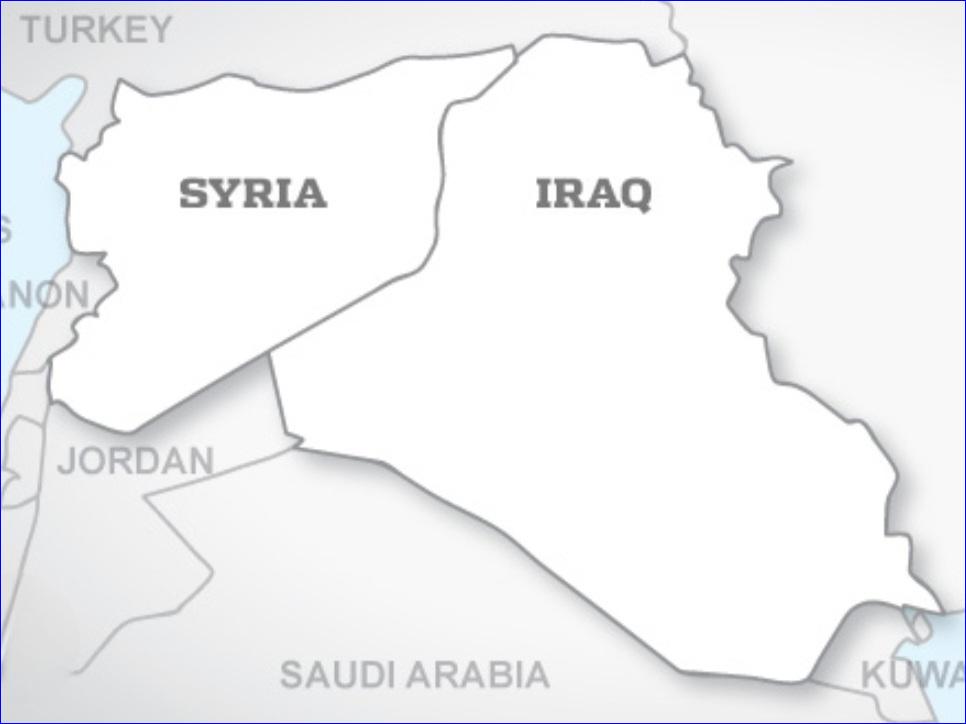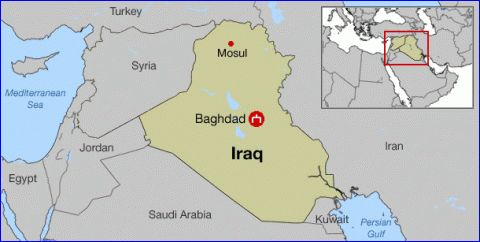By Namrood Shiba
(AINA) -- The security situation in northern Syria has reached a critical stage. What was previously described as allegations is now substantiated by multiple field reports and security assessments confirming the existence of established tunnel networks linking Syrian territory with both Iraq and Turkey.
By Namrood Shiba
(AINA) -- Iraq is being dismantled deliberately. This destruction is not the result of fate, historical inevitability, or the diversity of its people. It is the outcome of calculated decisions made by political elites who chose loyalty to power, parties, and foreign patrons over loyalty to the Iraqi nation.
By Namrood Shiba
(AINA) -- The territorial integrity of Iraq and Syria continues to erode under the weight of unresolved conflicts, competing regional agendas, and the persistent failure to protect indigenous peoples. Among those most affected by this reality is the Assyrian people, whose historic lands have been transformed into arenas for proxy struggles rather than safe regions that uphold dignity, rights, and...
By Namrood Shiba
 (AINA) -- Recent meetings between the American envoy, Dr. Barak, and regional actors in Erbil, namely Mr. Masoud Barzani and the leadership of the Syrian Democratic Forces (SDF) represented by Mr. Mazloum Abdi, raise serious political and legal concerns.
(AINA) -- Recent meetings between the American envoy, Dr. Barak, and regional actors in Erbil, namely Mr. Masoud Barzani and the leadership of the Syrian Democratic Forces (SDF) represented by Mr. Mazloum Abdi, raise serious political and legal concerns.
By Namrood Shiba
 (AINA) -- Iraq is currently at a critical juncture requiring the reinforcement of national sovereignty and the cohesion of state institutions. However, ongoing political and security developments in the north indicate a recurring pattern of policies that weaken the central government and exploit instability for political and economic gains, threatening Iraq's unity and the future of its indigenous...
(AINA) -- Iraq is currently at a critical juncture requiring the reinforcement of national sovereignty and the cohesion of state institutions. However, ongoing political and security developments in the north indicate a recurring pattern of policies that weaken the central government and exploit instability for political and economic gains, threatening Iraq's unity and the future of its indigenous...
By Namrood Shiba
(AINA) -- The Assyrian people, as one of the indigenous nations of Mesopotamia, face an increasingly coordinated campaign of political, social, and economic marginalization in northern Iraq. This campaign extends beyond neglect and reflects a sustained pattern of interference by the so called Kurdistan Regional Government (KRG), aimed at weakening Assyrian political organizations, fragmenting...

 (AINA) -- Recent meetings between the American envoy, Dr. Barak, and regional actors in Erbil, namely Mr. Masoud Barzani and the leadership of the Syrian Democratic Forces (SDF) represented by Mr. Mazloum Abdi, raise serious political and legal concerns.
(AINA) -- Recent meetings between the American envoy, Dr. Barak, and regional actors in Erbil, namely Mr. Masoud Barzani and the leadership of the Syrian Democratic Forces (SDF) represented by Mr. Mazloum Abdi, raise serious political and legal concerns. (AINA) -- Iraq is currently at a critical juncture requiring the reinforcement of national sovereignty and the cohesion of state institutions. However, ongoing political and security developments in the north indicate a recurring pattern of policies that weaken the central government and exploit instability for political and economic gains, threatening Iraq's unity and the future of its indigenous...
(AINA) -- Iraq is currently at a critical juncture requiring the reinforcement of national sovereignty and the cohesion of state institutions. However, ongoing political and security developments in the north indicate a recurring pattern of policies that weaken the central government and exploit instability for political and economic gains, threatening Iraq's unity and the future of its indigenous...